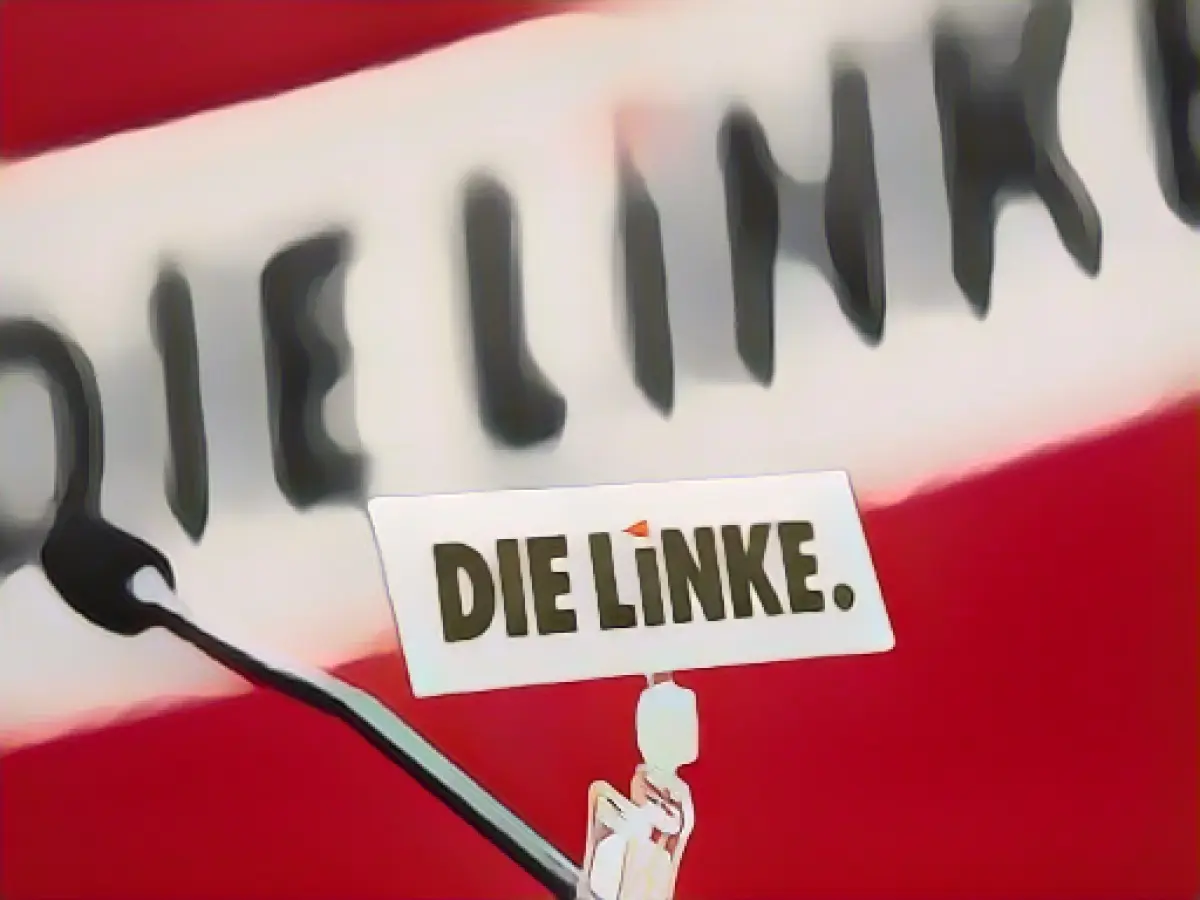Left-wing parliamentary shakeup braces for new chapter
In light of extended disagreements, the left-wing parliamentary group in Germany's Bundestag is considering its own dissolution. Group leader Dietmar Bartsch views this as an opportunity for change and progress, asserting, "It's the end of the parliamentary group, but it's a chance for a new start." The time for endless self-obsession needs to pass, as Bartsch stresses, "It's up to us whether we really do politics and more, or if we'll continue to quarrel."
The left-wing parliamentary group aims to make its decision on dissolution and set a date for it this coming Tuesday. This comes on the heels of Sahra Wagenknecht's resignation and the departure of nine other Left Party members, resulting in the party losing its minimum size.
Despite the turmoil, Bartsch acknowledged that the Left Party extends beyond its Bundestag representation, as it also governs in three federal states with a prime minister. "Certainly, today is not a day to celebrate, but it's up to us whether we're able to truly achieve a new beginning," Bartsch said.
Two new groups are expected to emerge from the remnants: the remaining 28 Left Party MPs on one side and the Wagenknecht faction on the other. The former holds fewer parliamentary rights and receives less financial support compared to a full faction. Both groups will need the support of other parliamentary groups to be recognized in the Council of Elders and plenary sessions.
Dissolving during the current legislature is an uncommon move, as liquidations usually occur only after election defeats, such as the FDP in 2013 or the PDS in 2002. The turnaround can take years due to the requirement to terminate staff, premises, and contracts, allowing the creation of new groups beforehand.
Dealing with staff and funds
"It is, of course, a cut, and the possibilities are diminished," Bartsch conceded. In order to ensure prompt recognition and task completion, Bartsch pledged to do everything possible. Reflecting on the PDS's past as a group in the Bundestag, Bartsch emphasized, "But we came back from the group to become a parliamentary group again. And that's the challenge."
Enrichment Insights:
- Impact on the Left's Representation: The Left's dissolution and emergence as a less powerful group in the Bundestag signify a loss of influence and formal parliamentary representation.
- Membership Surge and Internal Conflicts: The Left Party has added nearly 23,500 members to its rank since the start of 2023, growing to an all-time high of 81,200, while dealing with persistent internal strife.
- Electoral Challenges: Overcoming the 5% electoral threshold and securing proportional representation in the Bundestag remains a significant challenge for the Left Party, as it has in the past.
- State-Level Participation: The Left party's participation in state-level governments in Bremen and Mecklenburg-Vorpommern has been influenced by internal conflicts and electoral defeats.
- External Perception and Criticism: The Left Party has faced allegations of extremism from some sectors, while party leadership maintains that the more radical factions do not dominate its platform.
As the left-wing parliamentary group deliberates on its dissolution and the emergence of new factions, the future of the Left Party and its representation within the Bundestag hangs in the balance.








